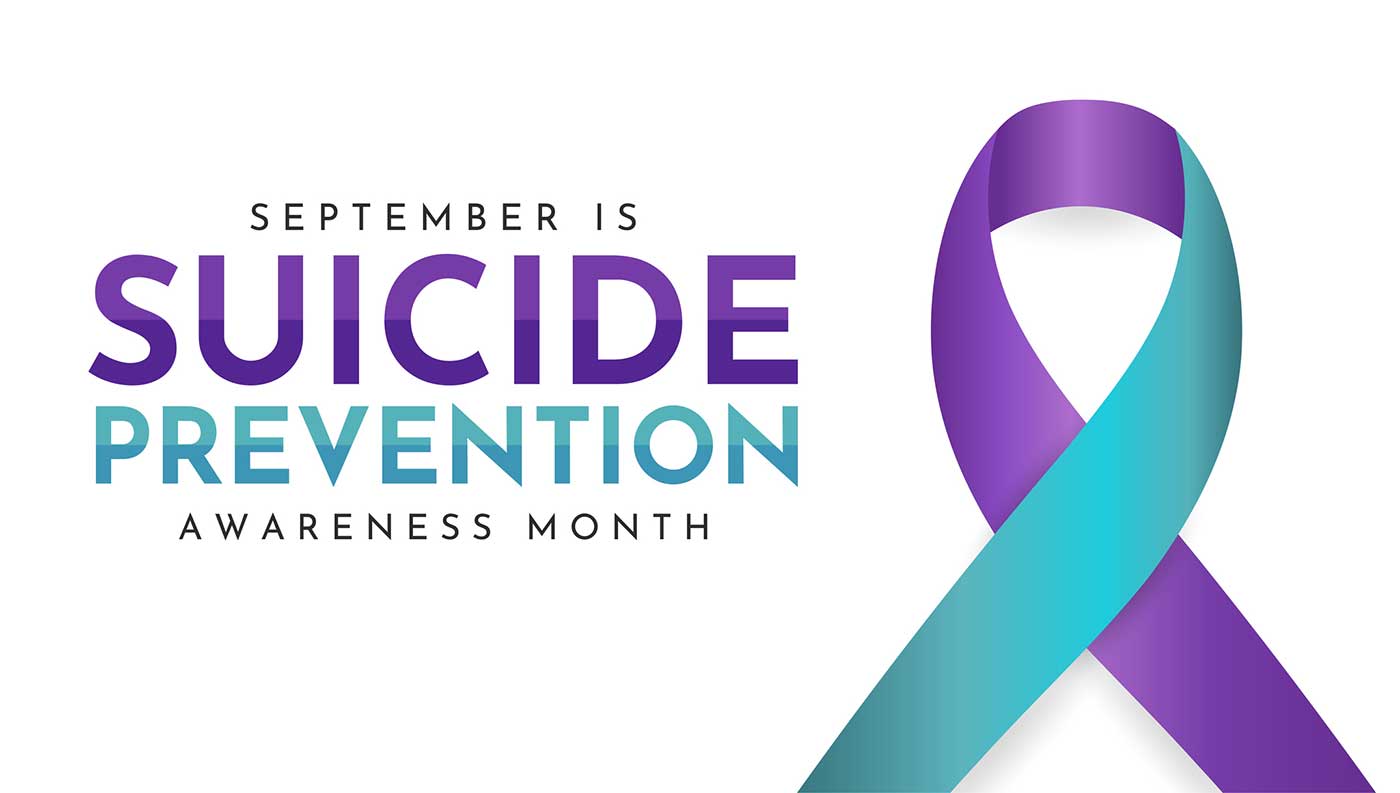As Mental Health Awareness Month draws to a close, it’s important to remember that not everyone looks forward to sunny summer days. Summer seasonal affective disorder (SAD), though less common than its winter counterpart, can significantly impact those sensitive to the additional light, longer days, and higher temperatures. Symptoms, according to the National Institute for Mental Health, include insomnia, reduced appetite, weight loss, anxiety, agitation, and even aggressive behavior.
Understanding summer SAD and learning effective coping strategies are crucial if you or someone you know are affected. Here are 7 tips to help:
- Limit Sun Exposure
While sunlight can have mood-boosting effects, too much exposure to light can trigger symptoms of summer SAD. Minimize exposure by staying inside during peak sunlight hours, and when outdoors, wear sunglasses and hats and take breaks in the shade. - Create a Cool, Comfortable Environment
High temperatures and humidity can exacerbate feelings of discomfort and irritability. Keep your living space cool using fans or air conditioning, and take cool showers to lower your body temperature. Wearing light, breathable clothing can also help. - Set the Stage for Sleeping
Insomnia is a common symptom of summer SAD, often caused by longer daylight hours and high temperatures. The additional light can slow down melatonin production, making it even harder to sleep and exacerbating anxiety and agitation. Keeping your bedroom cool and dark, and sticking to a regular sleep schedule can help according to the Cleveland Clinic. - Connect with Loved Ones
Social support is key for managing depression. Try to stay in touch with friends and family, even if it’s just small, low-key hangouts instead of big gatherings. Talking to someone you trust can really help and make you feel better. - Stay Physically Active
Regular exercise is a natural way to boost your mood. University of Arizona assistant professor of psychiatry Dr. Rohit Madan recommends indoor activities like yoga, pilates, dancing, or home workouts as a great way to reduce stress and enhance your overall well-being. - Plan Relaxing and Fun Activities
Dive into activities that bring you joy and relaxation. Whether it’s reading, playing music, or trying out a new hobby, doing things you love can distract you from negative thoughts and boost your mood. - Seek Professional Help
Don’t feel like you have to wait out the summer to feel better. WebMD recommends you reach out to a mental health professional when your symptoms start to keep the situation from snowballing.
Takeaway
Dealing with summer seasonal depression can be tough, but with the right game plan, you can minimize its impact. By dialing down light exposure, keeping cool, sticking to a routine, and making time for other self-care activities, you’ll be better equipped to handle the sunny days. Last but not least, don’t hesitate to reach out for professional help when you need it.






Responses